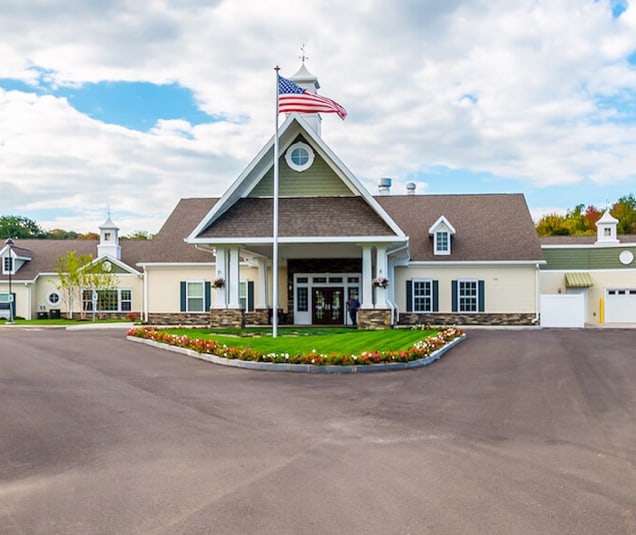Navigating a conversation with someone who has dementia can be as heart-wrenching as it is necessary. For family caregivers, understanding how to adapt your communication style is not just about being understood but also about preserving the dignity and emotional well-being of your loved one.
Talking to someone with dementia depends on what stage they are in, but requires a mindful, patient, and kind approach. Memory care emphasizes communication strategies, recognizing that they form the backbone of a supportive environment. By honing these skills, you can help create a space where those with dementia feel safe and understood, helping them thrive in their later years.
Understanding Dementia & Its Impact on Communication
It’s vital to understand why effective communication is a linchpin of dementia care. Dementia strips away cognitive abilities, but it doesn’t erase the desire for human connection and the need to communicate. The frustration and isolation that can result from ineffective communication are distressing for both patient and caregiver.
Dementia is a term for a decline in mental ability severe enough to interfere with daily life and is different from normal aging, but covers a group of conditions that can cause difficulty with:
- Memory
- Communication and language
- Focusing and attention
- Reasoning and judgment
- Visual perception unrelated
Alzheimer’s disease is the most commonly recognized, but there are several other types, including vascular dementia and frontotemporal dementia.
Tips For Effective Communication
How dementia specifically affects communication can vary depending on the type and stage of the disease. What remains consistent, however, is the erosion of language skills, the ability to understand others, and the capacity to generate coherent speech. Your loved one may struggle to find the right words, repeat themselves often, or rely on gestures and sounds to communicate.
Simplify and Clarify
When speaking to someone with dementia, use simple language and short sentences. Clear, easy-to-understand communication helps reduce confusion and frustration. It’s also beneficial to use the names of people and places consistently to provide points of reference.
Use Non-Verbal Cues
Non-verbal communication is a lifeline in the world of dementia. Tone of voice, facial expressions, and body language can convey meaning when words fail. Adapt your non-verbal cues to match the content of your message, using smiles, nods, and gentle touches to express warmth and comfort.
Take the Time to Listen
Communication is a two-way street, and listening is just as important as talking. Give the person your undivided attention, make eye contact, and be present in the moment. Respond to their emotions and not just their words by acknowledging their feelings and concerns. In the early stages, don’t make assumptions about how well your loved one can communicate—let them take the lead.
Practice Patience & Empathy
Communication requires an ocean of patience. It’s not uncommon for a person with dementia to take longer to process information and formulate a response. Avoid rushing them, and approach conversations with empathy, understanding that every repetition is a plea to be heard and acknowledged.
Practical Advice For Everyday Conversations
Here are some techniques you can apply to help talk to your loved one:
- Begin with a gentle touch or a kind gesture. Use their name to start a conversation, and if possible, provide context for what you’re about to discuss.
- Maintain good eye contact to reassure them that you hear what they are saying.
- Be prepared for the unexpected, as it might not be a linear exchange. Repeat yourself calmly if necessary, rephrasing your message if they don’t understand.
- Be attentive to their expressions and shifts in mood as they may provide clues to feelings not immediately articulated.
- Ask one question at a time, allowing them time to come up with a response.
- If possible, ask yes or no questions, rather open-ended ones.
- If conversations turn towards agitation, don’t meet frustration with frustration. Try to change the subject, or take a break and revisit the topic later. It’s essential to remain calm and patient, as this can help de-escalate the situation.
- The right environment can work wonders for making conversations easier. A quiet, well-lit room without distractions can foster better communication.
- If your loved one is confused by talking, try writing things down.
Furthermore, support groups and services offer not only practical help but also a network of individuals who understand the unique challenges of dementia care. Avail yourself of these












No more posts